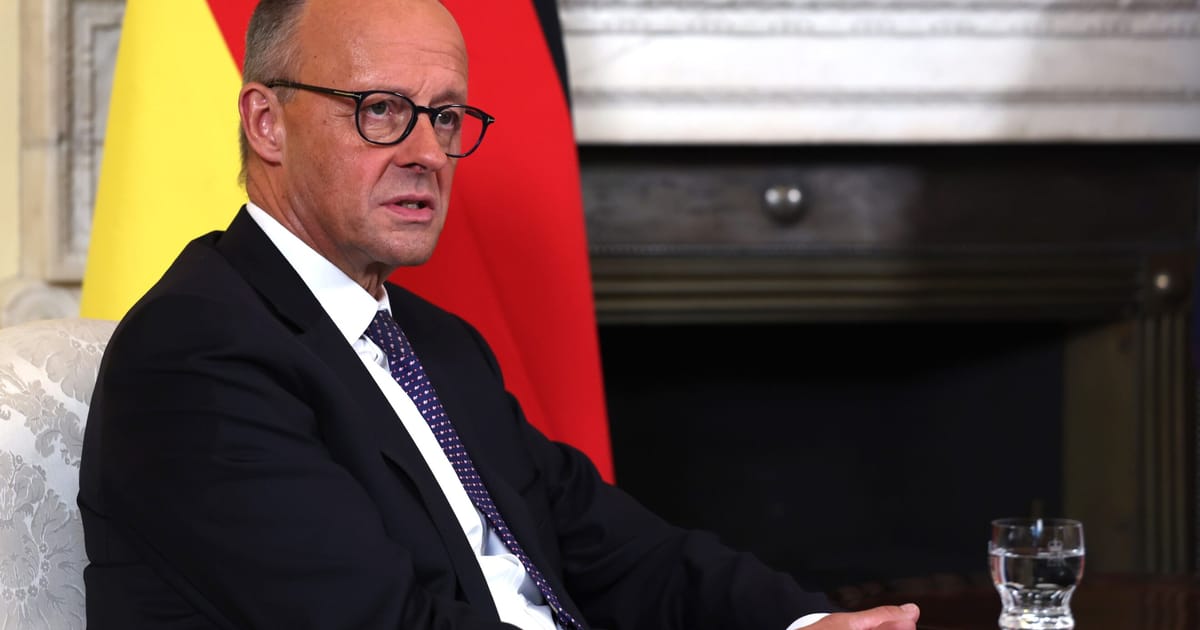

In a week marked by significant diplomatic and economic activities, leaders across Europe and Asia have engaged in vital discussions and agreements, aiming to enhance cooperation and address critical issues. As the global landscape continues to evolve, these developments shed light on the shifting priorities and alliances that are shaping the future.
Starting in Europe, German Chancellor Friedrich Merz made headlines with his firm stance on the European Union’s financial management. Emphasizing fiscal responsibility, Merz asserted that the EU “must basically make do with the money it has available” and ruled out both company tax reforms at the EU level and joint borrowing for the EU budget. His remarks highlight a cautious approach to financial governance within the bloc, reflecting a desire to maintain fiscal discipline amid ongoing economic challenges.
In a related development, Merz also called for a strategic alignment between Germany, the UK, and France on pressing issues such as migration and defense. This initiative coincides with the signing of the Kensington Treaty, the first formal pact between the UK and Germany since World War II. The treaty outlines plans for enhanced cooperation in areas including migration, defense, trade, and education. Notably, it includes commitments for joint defense technology development and infrastructure projects, such as exploring a potential London–Berlin train line, as well as boosting school exchange programs. These steps underscore a strong commitment to collaboration, despite recent historical events like Brexit.
Meanwhile, in Eastern Europe, Georgian Prime Minister Irakli Kobakhidze responded dismissively to a potential EU threat regarding visa-free travel, which was suggested as a leverage point in response to concerns over democratic practices and foreign influences in Georgia. Kobakhidze’s reaction highlights the ongoing tensions and complex relationship between Georgia and the EU, as both sides navigate geopolitical dynamics and domestic issues.
Shifting the focus to Asia, Australian Prime Minister Anthony Albanese’s recent visit to China has been marked by a warm reception, signaling a thaw in previously icy relations. State-controlled media in China hailed the visit as a ‘turnaround,’ suggesting that diplomatic ties between the two nations are on the mend. During his time in Beijing, Albanese engaged in meaningful dialogues with Chinese President Xi Jinping, participated in successful business events, and mirrored past diplomatic gestures with symbolic visits. This six-day visit represents a significant diplomatic achievement, fostering optimism for improved bilateral relations and cooperation in the future.
In summary, this week’s diplomatic engagements and policy decisions underscore the changing dynamics within Europe and Asia. Leaders are making concerted efforts to address pressing issues collaboratively, whether through fiscal management, strategic partnerships, or diplomatic outreach. As nations navigate the complexities of the modern world, the importance of dialogue and cooperation remains ever pertinent, offering hope for peaceful and prosperous international relationships.
Source: {link}
